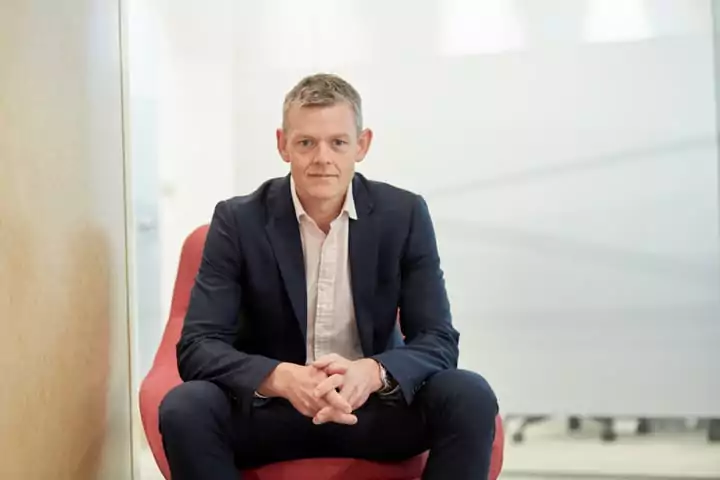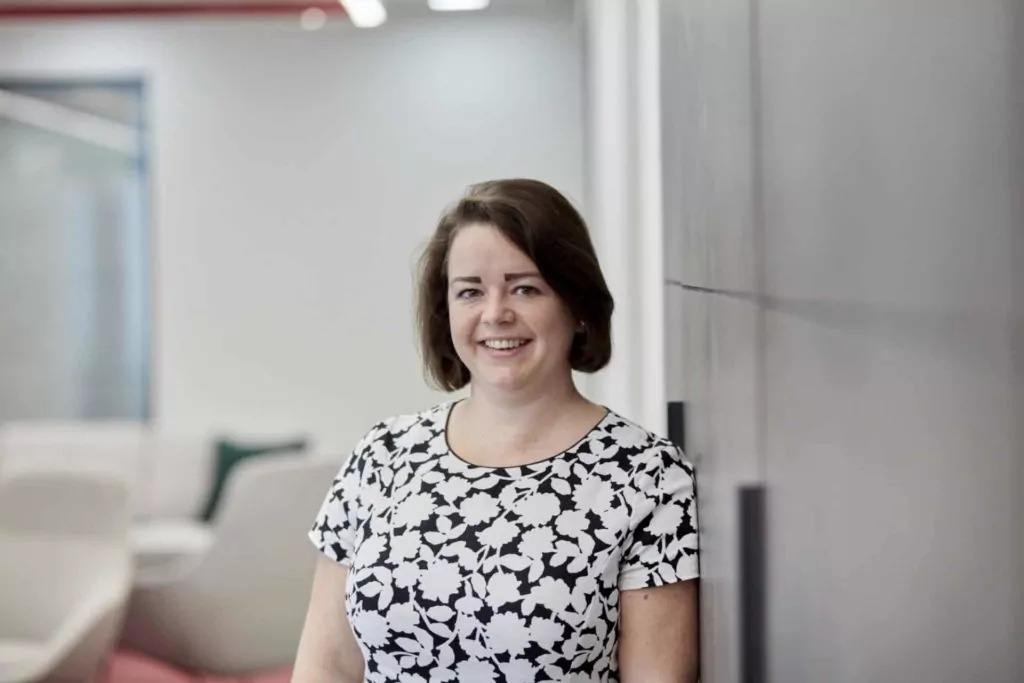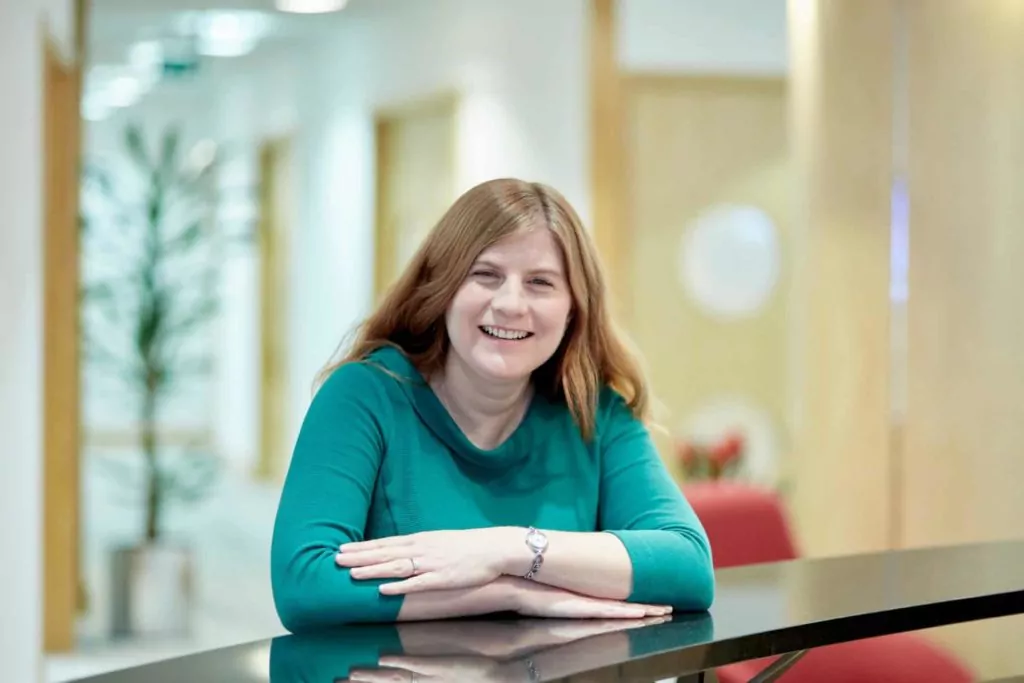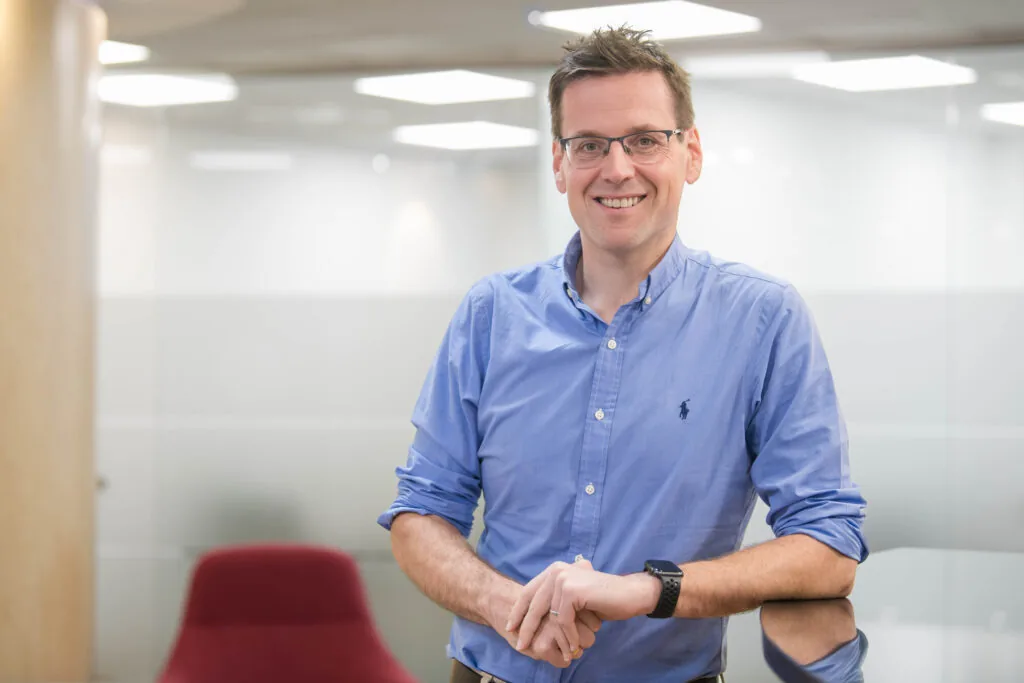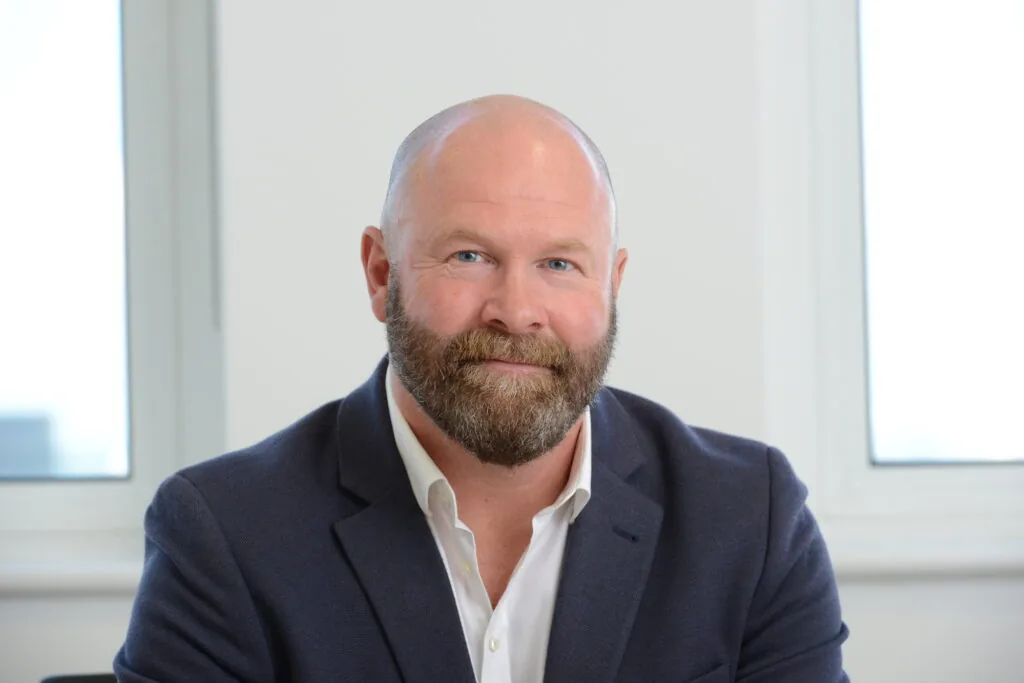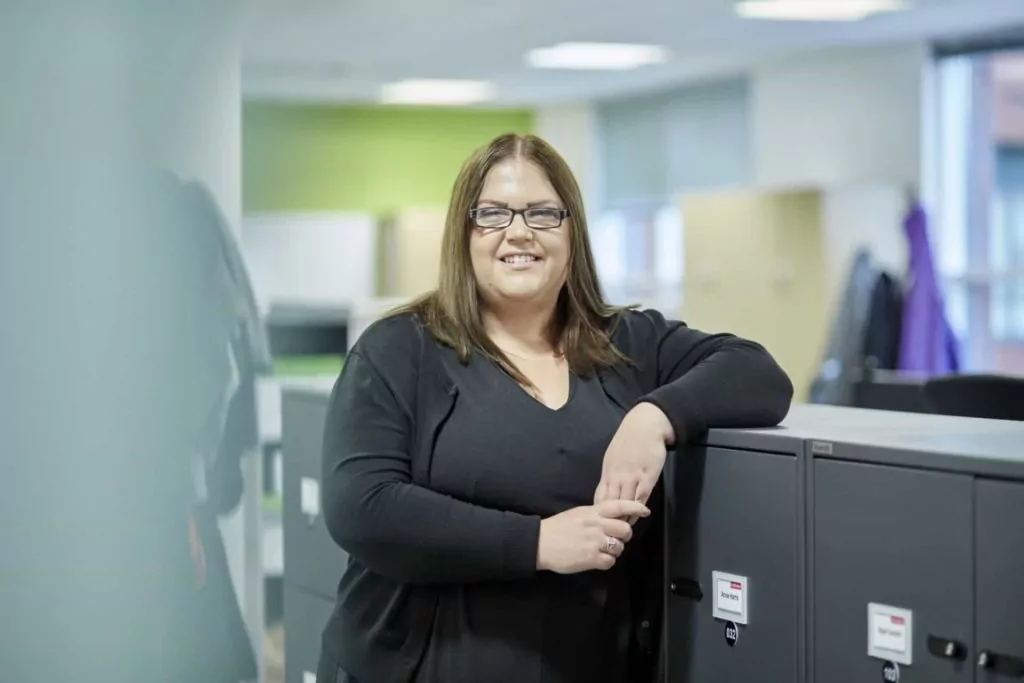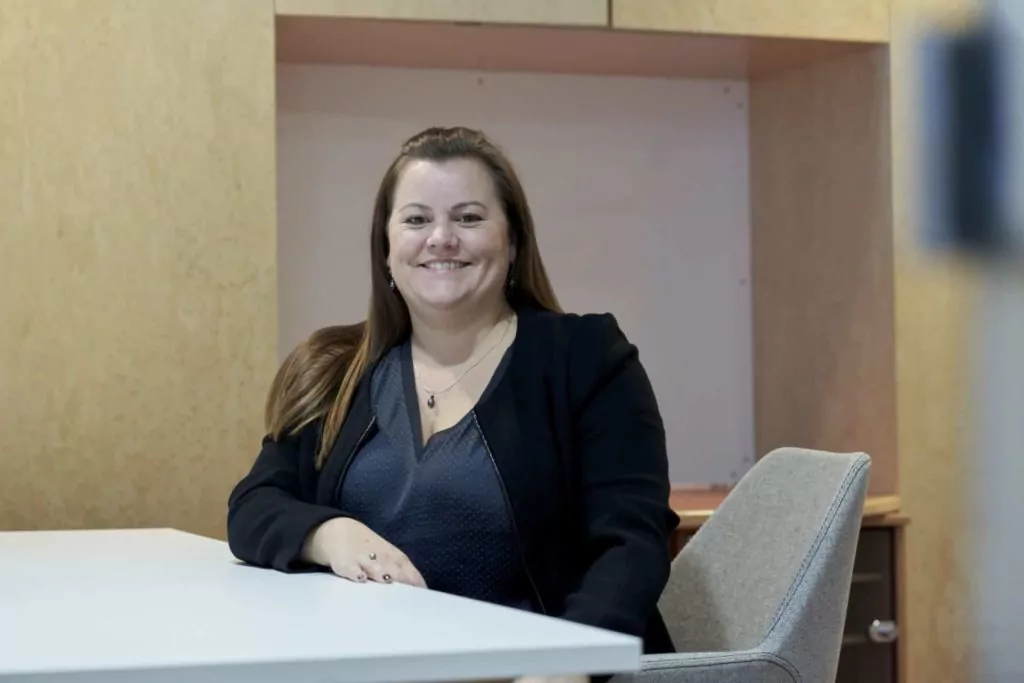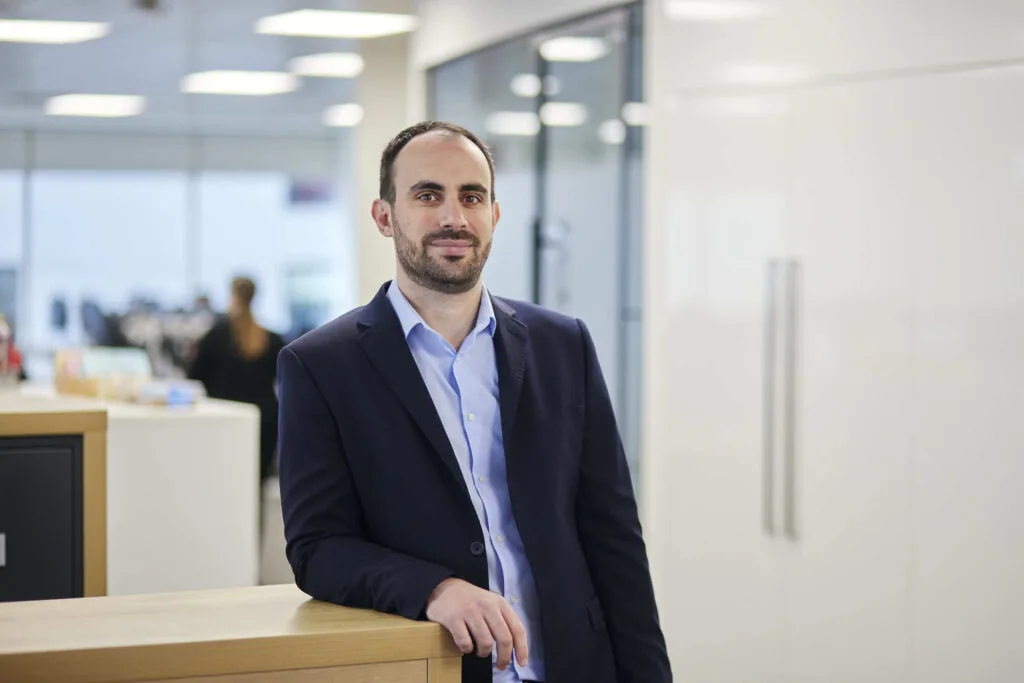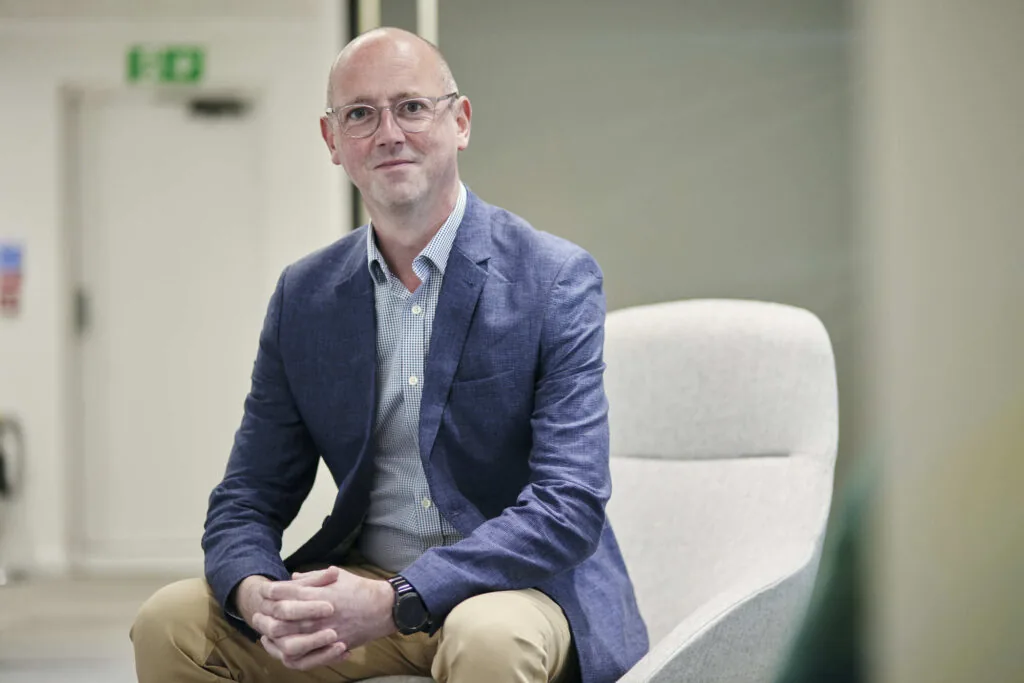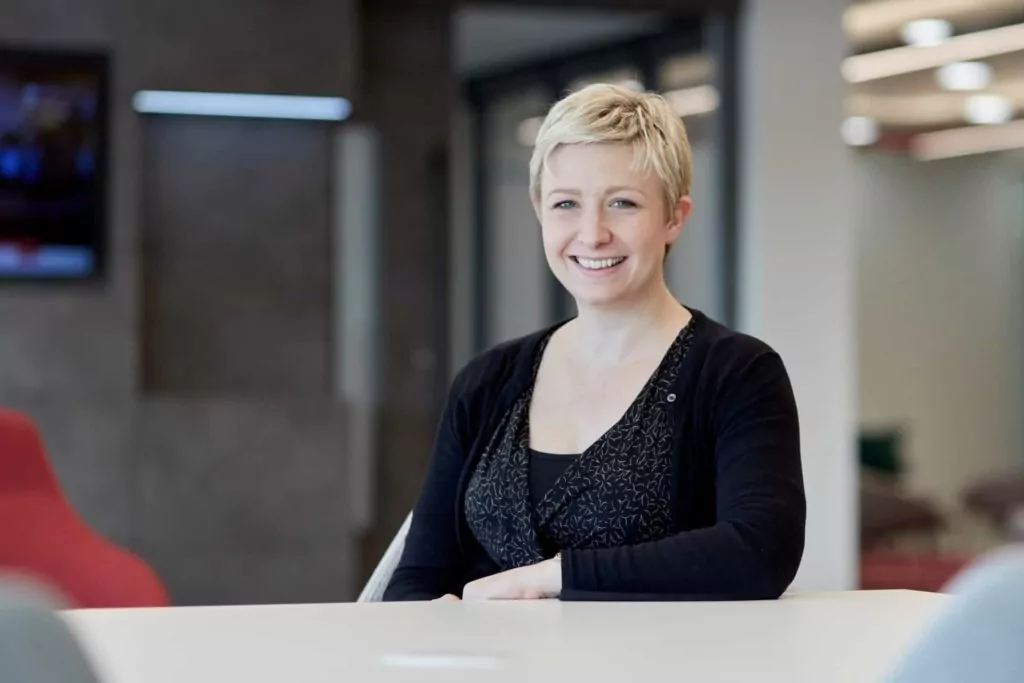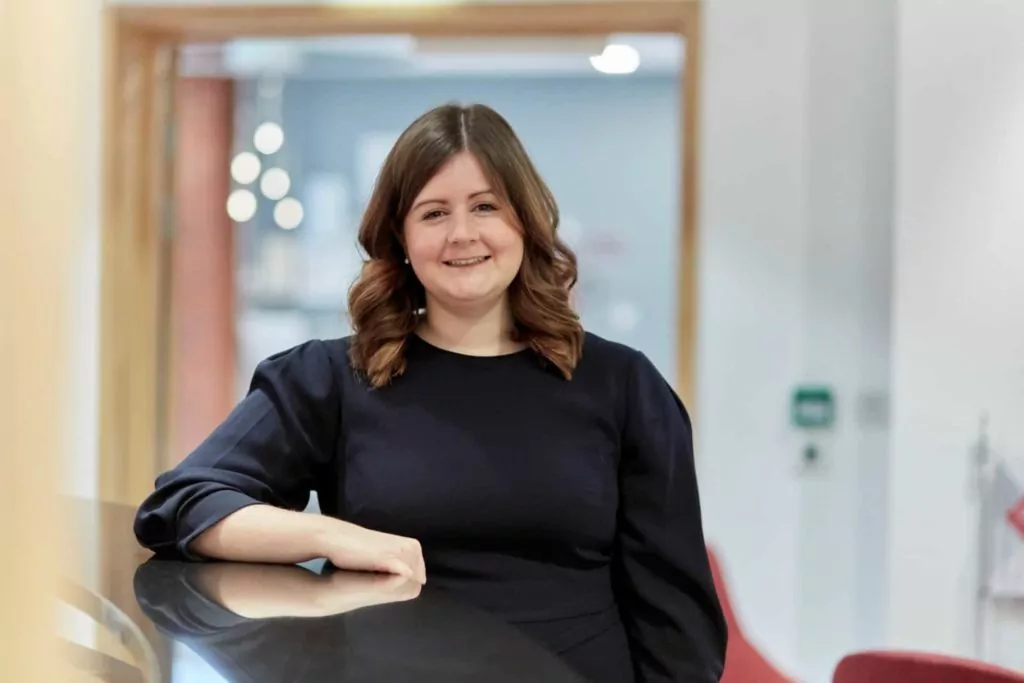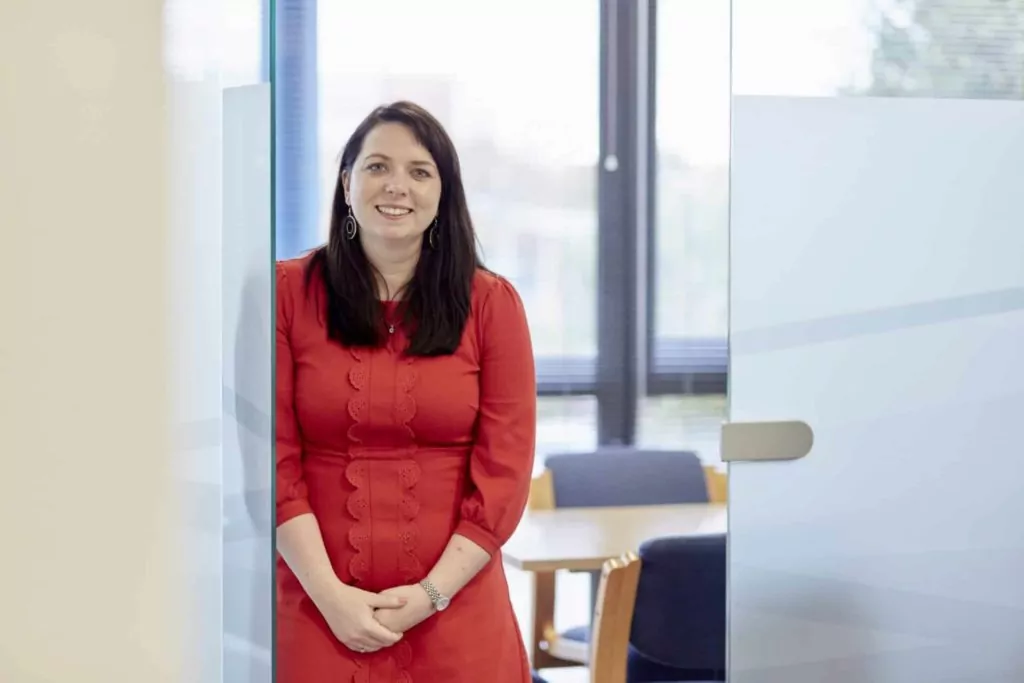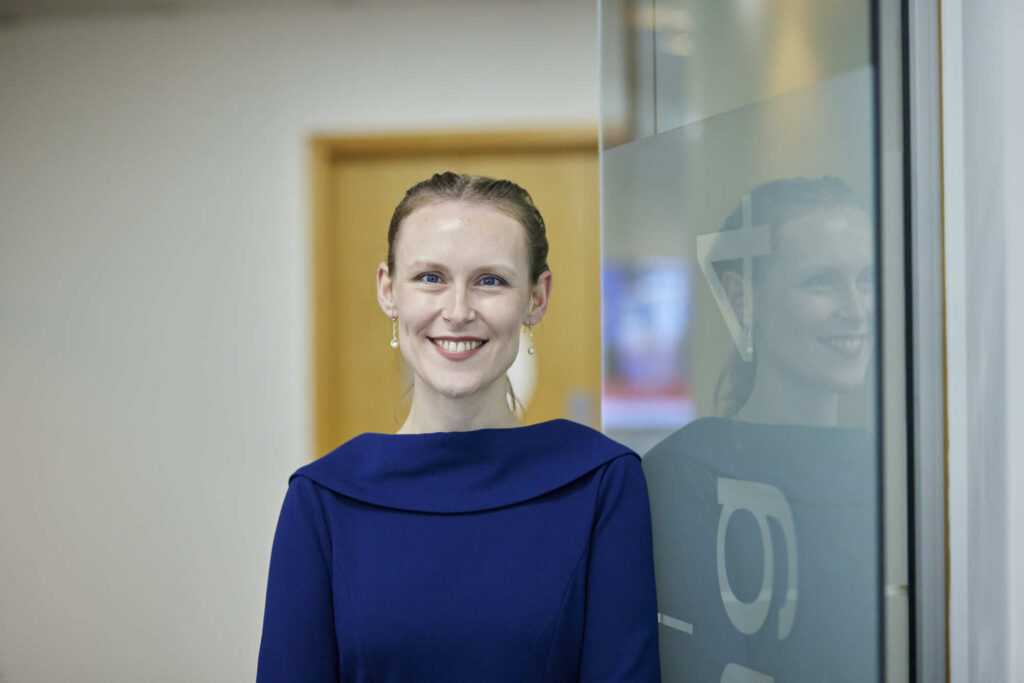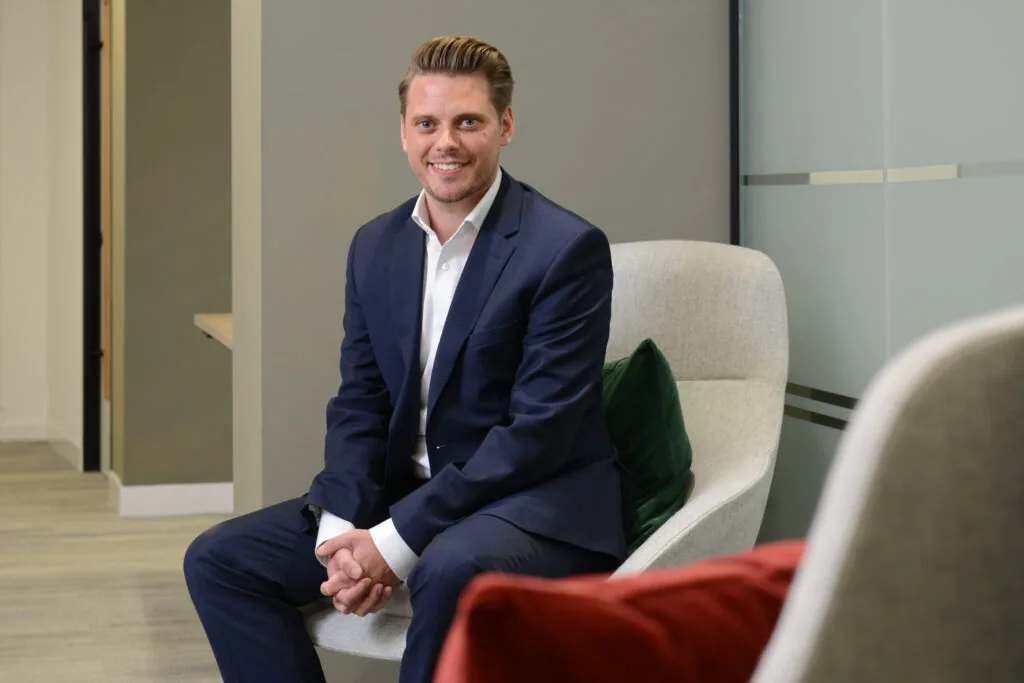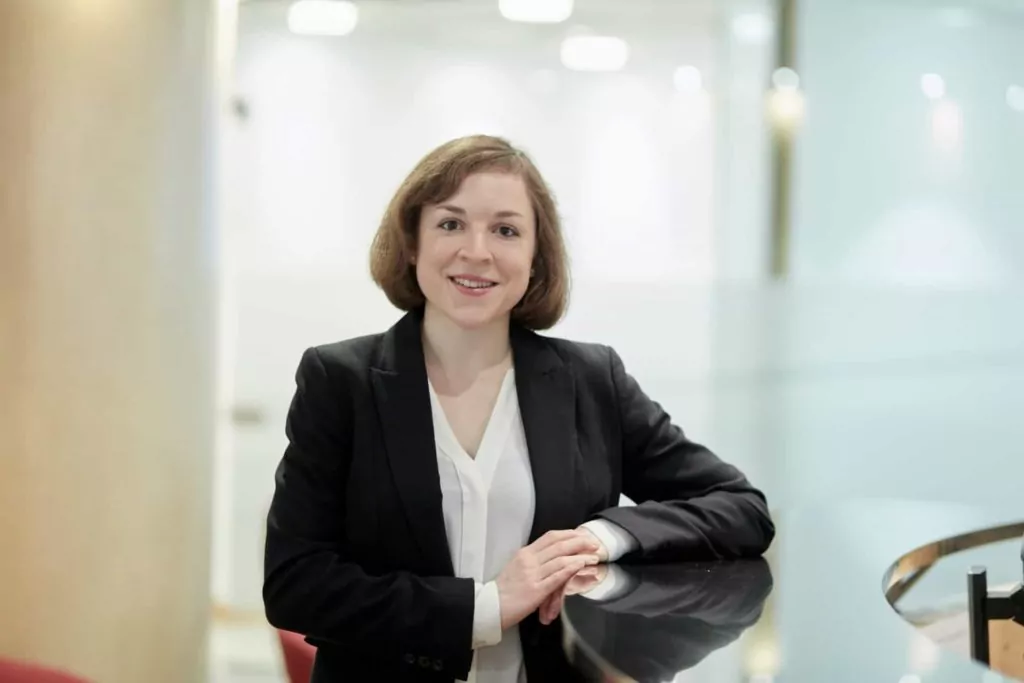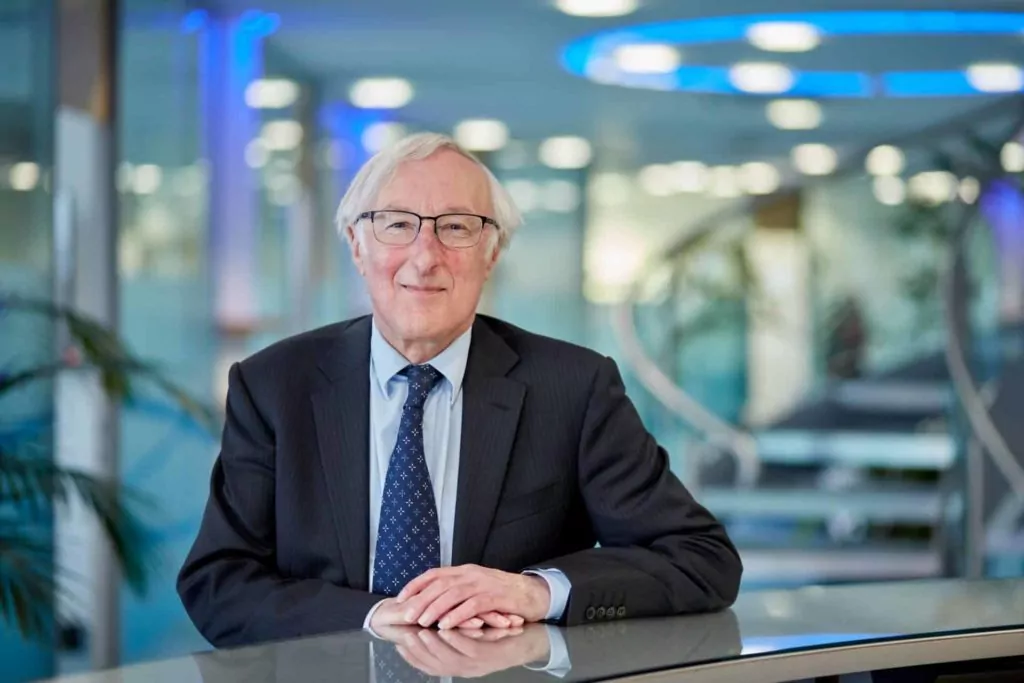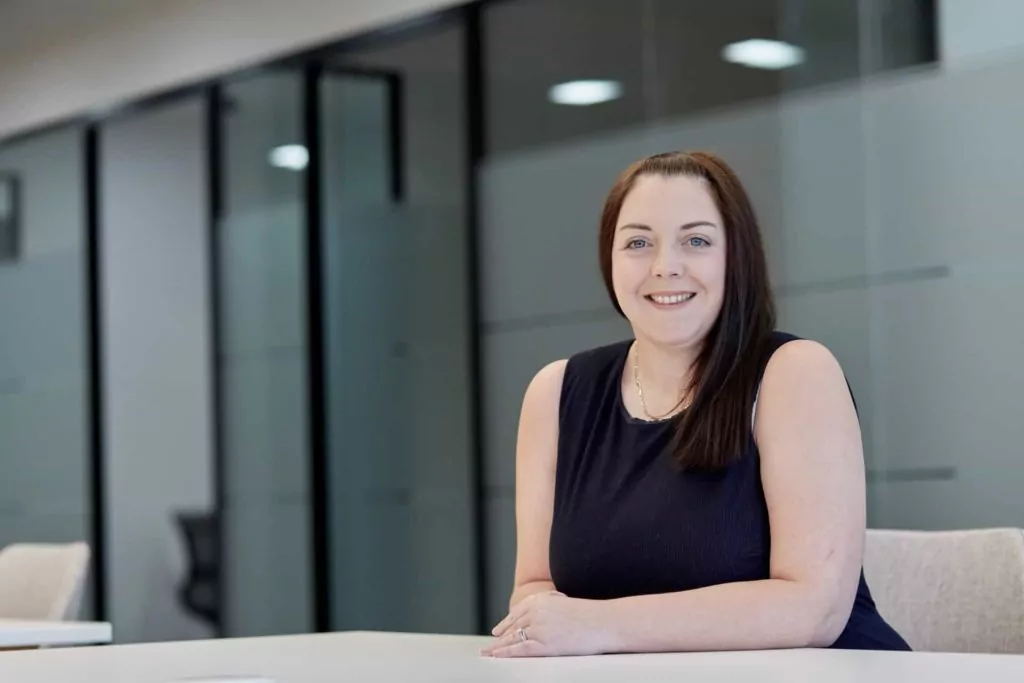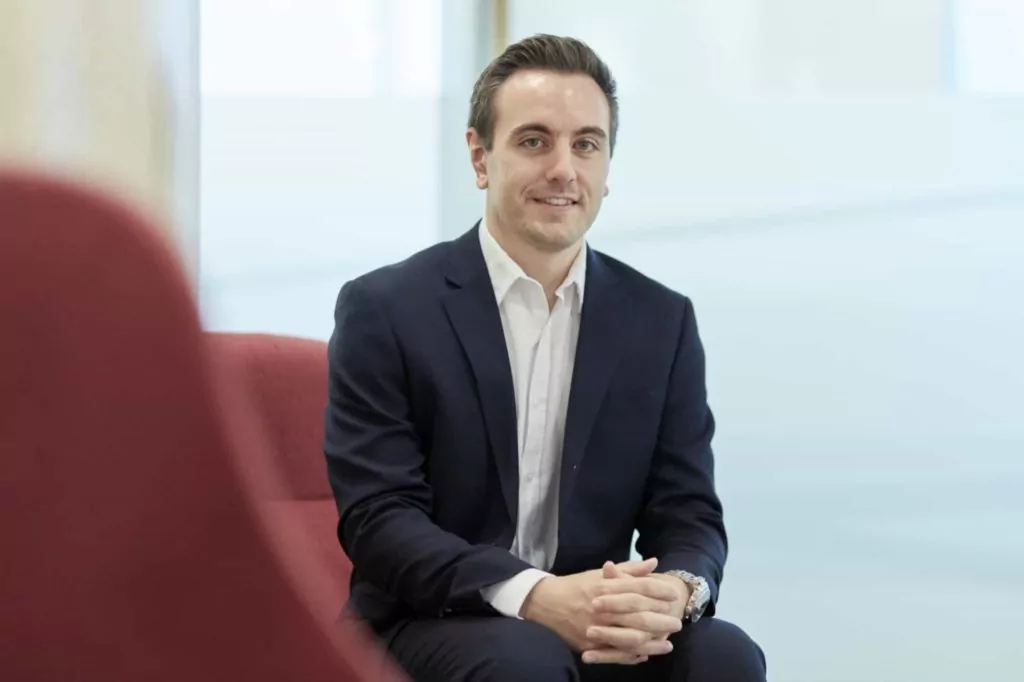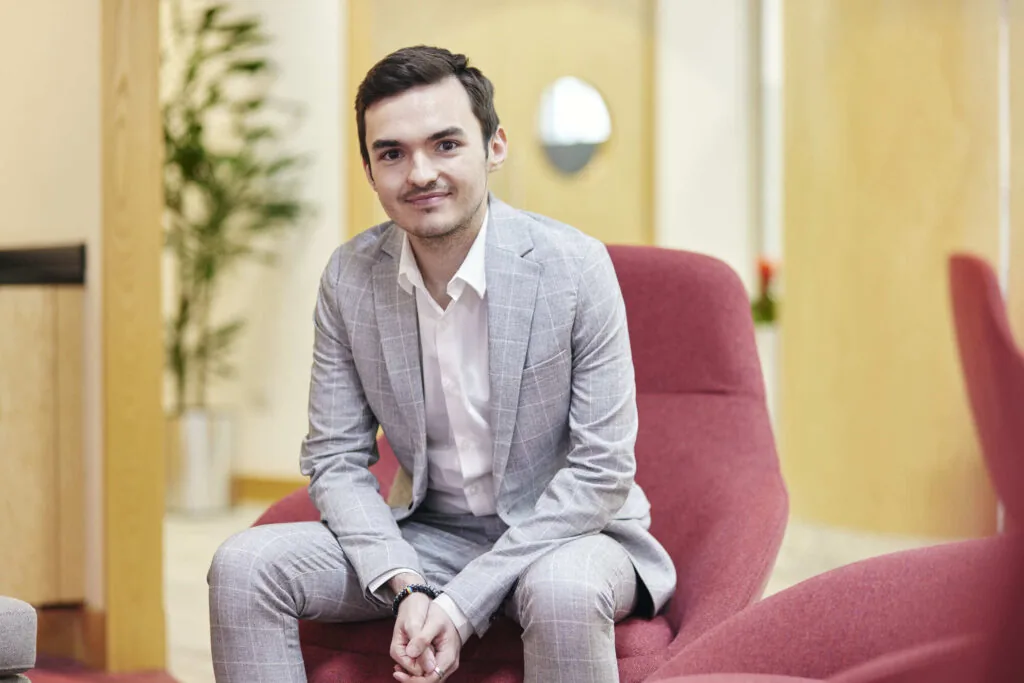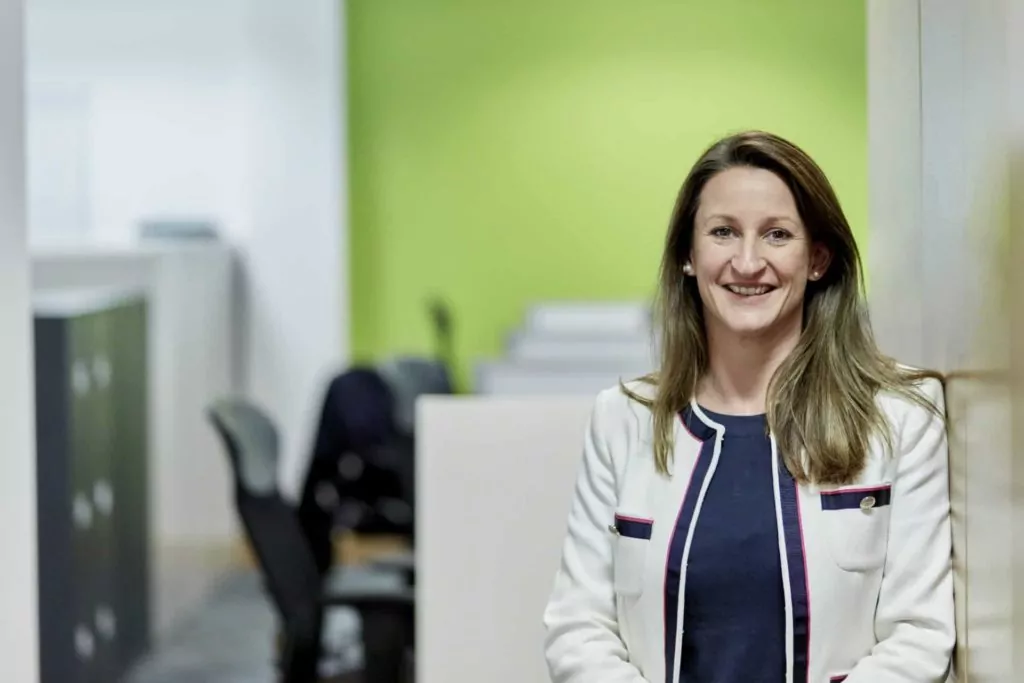
Legacy spotlight: A conversation with Georgia Galsworthy from The National Trust
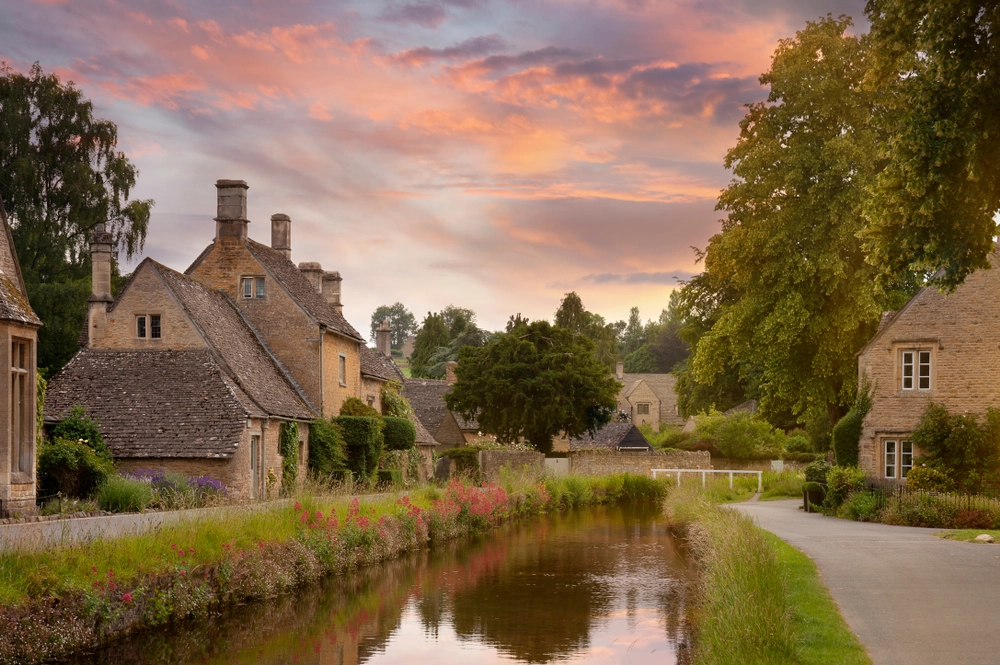
In our interview series, we shine a light on the valuable work of legacy sector professionals. In this edition, we meet Georgia Galsworthy, a Legacy Manager at The National Trust.
Legacies are crucial to supporting The National Trust's conservation efforts, helping the charity look after nature and history for generations to come.
We caught up with Georgia to find out how her dyslexia diagnosis shaped her career journey, her approach to connecting with the family members of legacy donors and her insights into the challenges and rewards of working in the legacy sector.
Can you tell us about your role?
In my role, I manage a full caseload of complex and sensitive cases. It's also my responsibility to deal with restricted gifts, which are sums of money left to the charity to use for a certain purpose.
The National Trust receives a high volume of restricted gifts, and it's my job to liaise with colleagues from across the Trust and connect with the families of our supporters.
Together, we discuss how the restricted legacy can be best used to honour our supporters' wishes and make the biggest impact on our conservation efforts.
How did you get into the legacy world? What made you want to work in the charities/ legacies sector?
I found school challenging - my grades were okay, but I could never achieve anything exceptional despite a lot of hard work. However, things changed for me during my first year of university when I was diagnosed with dyslexia.
As part of my undergraduate degree, I took a couple of modules of law. At first, I had very little confidence and thought that I was not clever enough to pass the classes with good grades. However following my diagnosis, I was able to access support to understand what dyslexia meant for me and start enjoying learning. After this, I become quite interested in my law classes. Naturally, I then thought a career in law may be right for me, so I worked towards qualifying as a solicitor.
I was immediately drawn to working in Wills and Probate during my qualifying years. I'm a very organised and process driven person, so the intricacies of dealing with the administration of an estate is something I clicked with.
Being able to help people at an extremely challenging time made me feel like I was making a difference. Before I moved completely into the legacy sector, I worked in the Charity Probate team at Foot Anstey, helping charities to administer estates where they were acting as personal representatives. Working with charities always felt important to me, as I knew how much they relied on legacy gifts for their vital work.
Working in this role meant that I was able to connect with other legacy specialists. I found their knowledge and drive to further their charities cause and do right by their supporters inspiring. The legacy specialist role felt like a dream job for me, so when my current role come up with the National Trust, I knew I would regret not applying. I got the job, and 18 months later, I still pinch myself every week. I genuinely gather so much inspiration from the generosity of our supporters and the work of The National Trust.
Giving a legacy to a charity is a hugely generous act, no matter the gift, and being able to connect with our supporters’ family and friends to share our gratitude and reassure them what a lasting impact the legacy will make is a real joy.
What do you enjoy most about working in the legacy sector?
I absolutely love my job. I enjoy having the ability to honour our supporters' wishes and connect with their loved ones. Giving a legacy to a charity is a hugely generous act, no matter the gift, and being able to connect with our supporters’ family and friends to share our gratitude and reassure them what a lasting impact the legacy will make is a real joy.
From a personal point of view, I am incredibly connected with the National Trust and, like many, the organisation has been present in my life from a young age. If you speak to my family and friends, they will be able to tell you all about what the Trust is getting up to and the ambitious conservation projects we are working on, as I really do believe in our cause and like to spread the word as much as I can. I cannot ask for more in a job than to work towards something I am passionate about myself. It makes me feel like I am part of the positive difference we are trying to make.
What trends are you seeing in the sector at the moment?
Delays are a significant concern for the probate sector. Unfortunately, many institutions that we rely on to progress estate administration in a timely manner are struggling with capacity and workload, which means estates are taking much longer. This has a huge impact on grieving families and on legacy income.
Each legacy gift is unique in my eyes because our supporters will be leaving us gifts for deeply personal reasons which will all be different, starting a conversation with this approach is key.
How do you manage relationships with family members of legacy donors during the administration process, especially when emotions may be high?
I approach things as delicately and empathetically as I can. Where possible, I try to be a listening ear for the family. I ensure they know that we really care about the gift and want to help where possible with the administration process, so the burden on them is eased.
By taking the time to understand what families are going through and what they need from us, we can build a good relationship and help them feel comfortable working with us. Each legacy gift is unique in my eyes because our supporters will be leaving us gifts for deeply personal reasons which will all be different, starting a conversation with this approach is key.
Legacy specialists have a wealth of knowledge, and we often encounter family members who are dealing with the estate administration of their loved one without any professional help. In these circumstances, I think it is important that we offer our expertise gently and helpfully, so the family members feel they can work with us. This eases their burden at what will be an extremely heartbreaking time.
Everyone grieves differently, so I strive to connect with family members in a way that suits them and to remove any barriers they may feel when contacting charities. I try to be myself and share my passion for the National Trust. Hopefully that authenticity shines through when I am speaking with family members and helps them feel connected to us and our cause.
What's your approach for problem solving?
I squirrel myself away and methodically work through the issue in a detailed way. If you break down the problem you are dealing with, even if it feels very large initially, you can usually deal with small sections of the issue step- by-step until the whole problem is resolved. I think this helps ensure that problems never become too overwhelming.
As we know, in the legacy sector, not all problems are black and white. Sometimes, decisions need to be made that feel more subjective. In these situations, I believe it is best to brainstorm with colleagues. Everyone brings slightly different thoughts and perspectives, which helps generate a broader set of solutions. For me, I will spend time brainstorming with other senior team members. This collaborative approach ensures that our decisions are fully considered and the right outcome for everyone.
For the National Trust, legacy gifts fund a significant proportion of our conservation work each year, that means these magical gifts are helping to make a huge positive impact for nature, heritage, and people.
If you could share one message with potential legacy donors what would it?
I would tell potential donors how inspirational legacy giving is, and what a tremendous impact the gifts make. For the National Trust, legacy gifts fund a significant proportion of our conservation work each year, that means these magical gifts are helping to make a huge positive impact for nature, heritage, and people. It's amazing how many people gift to charity and I hope these wonderful people know how impactful their generosity is.
What do you find the most challenging aspect about working in the legacy/charity sector?
I would say the variety of complicated aspects in estates. I often encounter issues or scenarios that I've never dealt with before, it certainly keeps me on my toes and learning all the time.
The emotional element of the job can also take its toll. Although legacy giving is an extremely positive and worthwhile act, it of course comes to fruition because someone has died. This is extremely sad for their loved ones, so trying to strike the right balance between offering the family help and support while giving them space is always a challenge.
That said, it is a privilege to be part of this process. I absolutely love hearing about our supporters and their connections to the Trust. It is always a joy to be able to connect with their family members and celebrate the wonderful legacy they are leaving by gifting to charity.
Is there a particular piece of work you are proud of?
I've had a few moments where my detailed approach has allowed me to secure significant sums of money that we were entitled to through our supporter’s generous gifts. It is a real joy to be able to use my knowledge and experience to ensure the National Trust receives its full entitlement. I've also received some great feedback about the way I connect and communicate with colleagues and the families of our supporters. This is something I am particularly proud of and I am committed to building on.
The legacy sector is filled with friendly and open people.
Do you have any advice for people starting out their career in the legacy sector?
Don't be afraid to soak up as much knowledge as you can and put yourself out there by collaborating with your team and fellow legacy specialists across charities.
The legacy sector is filled with friendly and open people. I have never been in such a supportive work environment before, it's wonderful how quickly you can build your confidence and knowledge if you are brave and show a willingness to learn.
As a legacy professional, how can you keep building your knowledge?
Connecting with fellow legacy specialists and potentially securing a mentor can be incredibly valuable. There is a wealth of knowledge in the legacy sector and collaboration will help build knowledge and confidence.
A key skill to build early is communication. Learning the best way to communicate with people - whether that be family members, professionals, co-beneficiaries or internal colleagues - is key to being a successful legacy professional and to enjoying your job to its fullest.
What's the best piece of professional advice you have ever received?
I can be over the top when it comes to organisation, as well as being a bit of a perfectionist because of my dyslexia. I also deeply care about my work and doing the best job possible, which can sometimes lead me to become anxious and overwhelmed. I've received advice about how to slow down and not stress so much. This has helped me create boundaries for myself and be more confident in prioritising, rather than feeling like everything needs to be done immediately. It's a working progress of course, but my role at the National Trust has helped me improve this skill. My team and manager are extremely supportive, which has made a world of difference.
You can find out more about our charity sector team by visiting our dedicated sector page, listening to our Power of Good podcast, or reading our expert insights.


